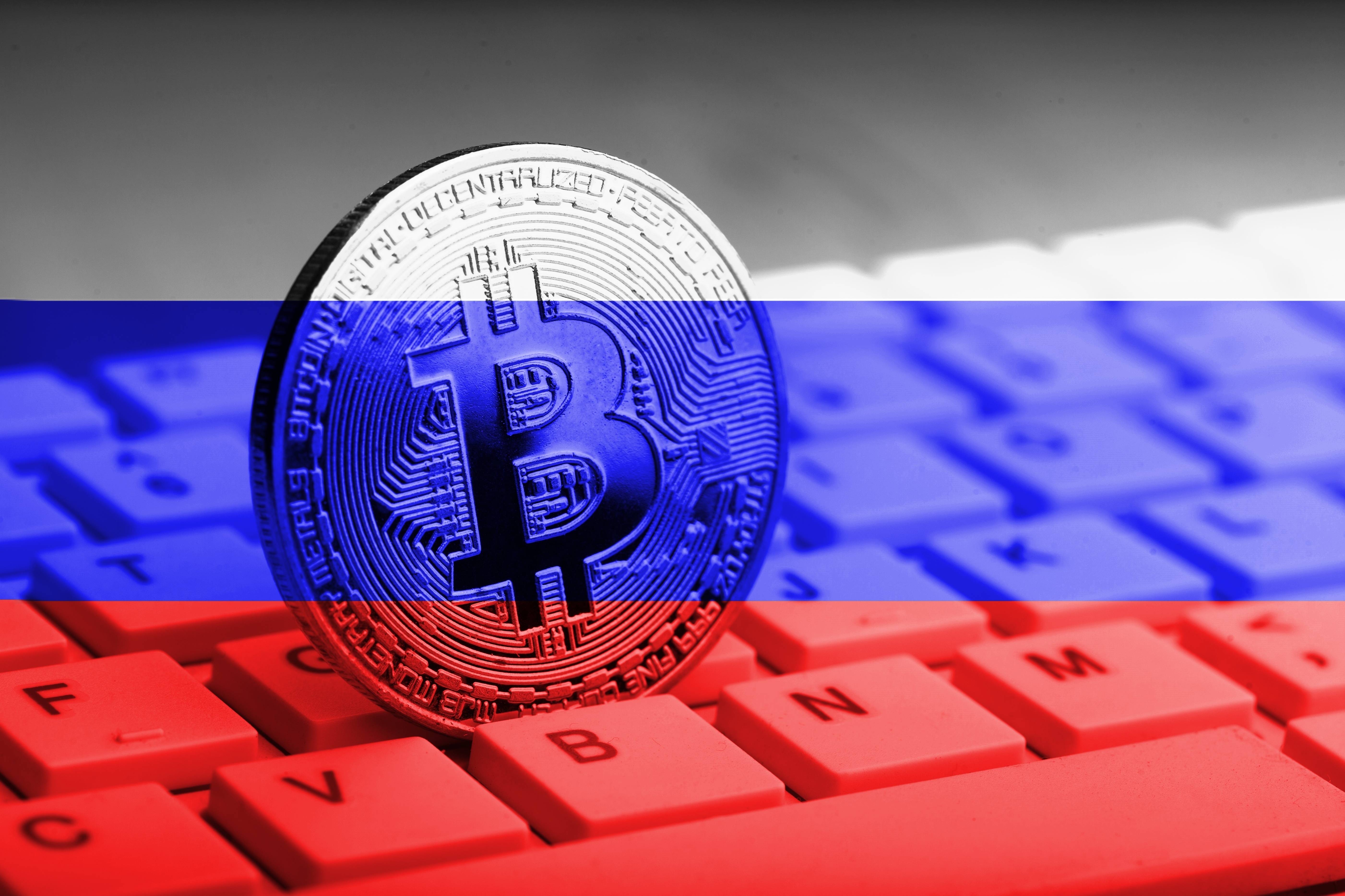[ad_1]

A Russian professor has claimed that “mass” crypto adoption is on its way in the country – with interest in digital versions of the Chinese yuan and the ruble also spiking.
Per V1, the crypto forecast was delivered by Igor Belskikh, a Doctor of Economics, and Professor at the Department of Economics and Finance at the Plekhanov Russian University of Economics.
Belskikh stated that crypto is already “gaining more and more popularity” in Russia. He noted that crypto had become a tool that allowed Russians to – for instance – “transfer” funds abroad without having to make declarations to the government.
He stated that crypto’s recent “popularity” was “associated with the ability to quickly transfer money across borders without paying foreign exchange fees or tax payments.”
He noted that customs officials were largely powerless to “take coins away from migrants.” And he stated that these were the reasons why “everyone” was now “running” to crypto.
Belskikh added that “cryptocurrencies may become the most massive hobby for Russians in the years to come.”
The professor added that “thousands of Russians” had already made use of crypto as a discreet tool in currency exchanges. He noted that they used rubles to “purchase cryptocurrencies,” and “when they arrived in other countries, they simply convert it into in local national currencies.”
He added that Russians have used crypto in this manner to “buy real estate, stocks, and bonds,” as well as “to pay for education.”
The professor claimed that governments in Russia and elsewhere were far behind investors, meaning that it is relatively easy for crypto users to keep their coin holdings – and usage – private.
Crypto, Belskikh concluded, has “come to “our world” “in earnest” and “forever.”
Russia Turns to Crypto…and the Yuan?
Meanwhile, sanctions that were intended to freeze Russia out of the dollar-powered global economy have reportedly led ordinary Russians – and the Moscow-based government – to seek out digital and analog alternatives to the greenback.
At the end of last month, the Russian firm Lighthouse issued “digital financial assets” worth some $8.3 million, secured by commercial debt. The company is one of the few companies authorized by the Central Bank to deal with “digital financial assets.”
While these digital coins are not quite the same thing as bitcoin (BTC), the move is an indication that things are changing fast in Russia.
For instance, even the crypto-skeptic Central Bank has recently expressed its approval for crypto-related pilots.
Russian interest in the digital yuan and its conventional alternative is also on the rise. Cankaoxiaoxi reported that the yuan represented 7% of the foreign currency deposits held by customers in Russia’s VTB Bank. Some 1% of the foreign currency deposits on Tinkov Bank are yuan holdings.
But that number is set to rise sharply – and banks have already responded to the anticipated demand. At the start of 2022, only 13 Russian banks provided yuan services. That number has since swollen to 50.
Observers have noted that Russian interest in digital yuan holdings would likely rise fast in Russia if, say, citizens were able to bypass banks altogether and buy e-CNY via apps on their cell phones.
Could the Digital Yuan, Digital Rule Go International?
Moscow has also expressed its interest in using its digital ruble in trade deals with Beijing. China, for its part, has distanced itself from public claims about the digital yuan’s cross-border credentials. But plans are already in place to test cross-border interoperability in a Hong Kong e-CNY pilot.
Beijing could also potentially seek to use the digital yuan to boost its “petroyuan” plans – efforts to create an alternative to the USD in oil trading. De-dollarization has already begun in earnest in both Russia and China, where gold-buying hit record highs in 2022, the Financial Times reported.
[ad_2]
cryptonews.com




